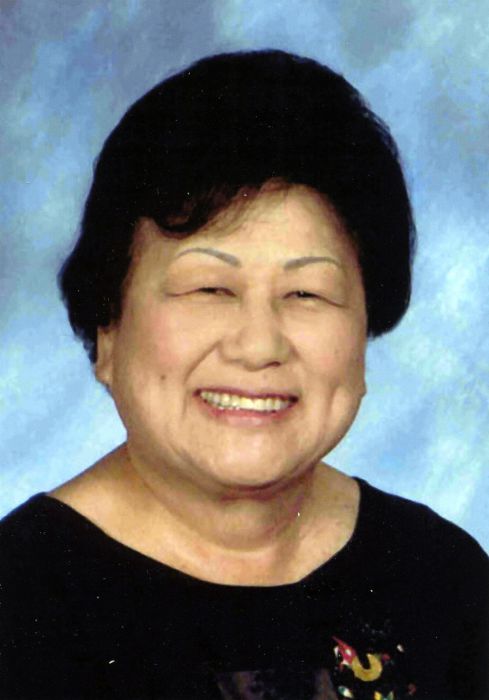Doris Okada, emeritus professor of special education, died on Nov. 28 of complications from atypical Parkinson’s disease. Her career at California State University, Dominguez Hills included service as a faculty member from 1975 to 2003, a stent as chair of the Graduate Education Division and coordinator of special education programs, and founder of the university’s Infant Toddler Development Center (ITC) for children with special needs, where she was serving as director until shortly before her death. She was awarded the Lyle Gibson Distinguished Teaching Award in 1987; the CSUDH Disabled Student Services Award in 1984 and 1987; and the Distinguished Public Service Award in 1985. She also was recognized with the California State University’s Bautzer Faculty University Advancement Award in 1999. From 1976 to 1995 she directed the Annual Special Education Conference at CSU Dominguez Hills.

She was instrumental in helping the university obtain a number of significant contracts and grants, many of which were funded through the U.S. Department of Education in the area of special education. She also coordinated contracts through various regional centers that allowed young children to be served by the ITC at CSU Dominguez Hills, and facilitated major upgrades to the center in 2007, including a conference/therapy room, offices, a staff lounge, and larger outdoor play areas. Okada was a grant-writing mentor for Vanderbilt University for several years beginning in 1998.
“Dr. Okada’s accomplishments speak for themselves and reflect both her dedication to and talent for working with and for children with special needs, teaching our students, and being a solid citizen of the academic community,” said Anupama Joshi, acting dean, College of Professional Studies. “Her passing signals a real loss not just for the School of Education but for the entire campus.”
“[Doris] was the main mentor in my [professorial] career,” said Terry Richardson, professor of graduate education. “She was a dear friend. She was a warm spirit and an open ear [and]would always do her best to help students and colleagues. She had a fun sense of humor. Not only did she represent advocacy and a belief that all people can learn and find their own success, but there was a quiet strength about her; she was a woman of action.”
A resident of Monterey Park at the time of her death, Okada is survived by her husband, one daughter and two granddaughters.
Correction: A previous posting of the story erroneously stated that Dr. Okada died of complications from Alzheimer’s disease.